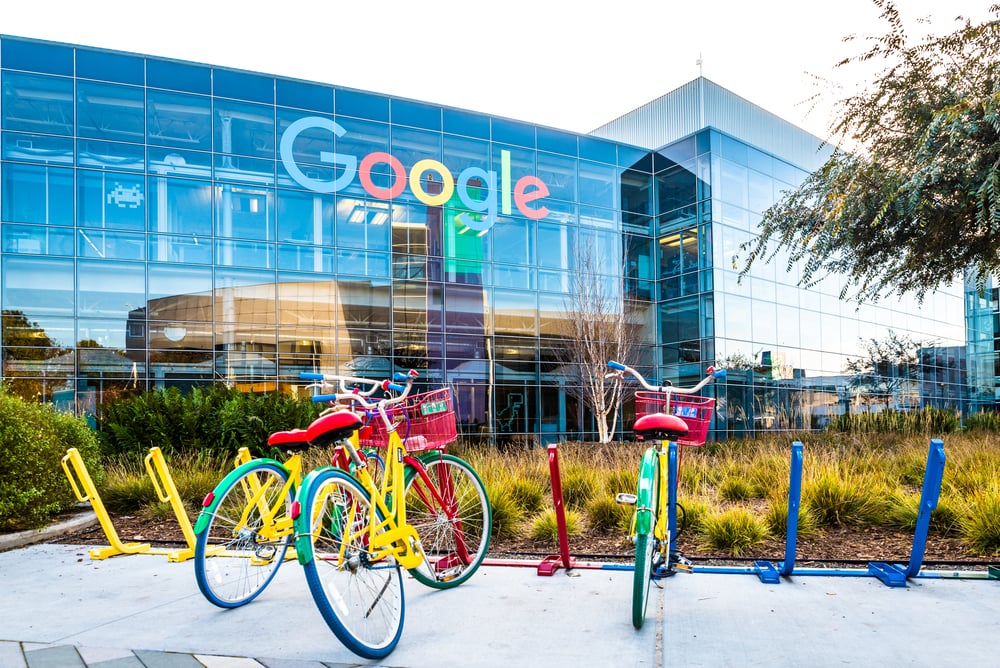Google recently announced in a report that was published by CBC that it will be partnering with their sister company Sidewalk Labs under Alphabet Inc. to create a high-tech smart city in Toronto. According to Toronto immigration lawyer, Matthew Jeffery, this project would drive the best and brightest minds from all over the world and give many immigrants an opportunity to live and work in Canada. The project will incorporate transit and underground infrastructure and there are plans to move Google’s Canadian headquarters to the nearby Villers Island.
New opportunities for skilled immigrants
If these plans are actualized, Alphabet will take charge of the project and build a light rail system that will revive Canada’s unused waterfront land. This project will foster further development in the region given that it is expected to open up almost 800 acres of neglected waterfront land. “One of the challenges that new immigrants face in Canada is affordable housing. With the new developments, those new to the city will find a place they can start their life with ease,“ Jeffery says.
This is exciting news to the people of Toronto. “Not only will we see new innovative technologies in use during this project but also open doors to the best engineers, IT workers and technicians as well as tradesmen from all over the world,” says Mr. Jeffery. New reports indicate that Alphabet is planning to build thousands of new residential units in the area. These infrastructural developments will drive all kinds of skilled tradesmen in the construction industry. It is expected that new immigrants and not just Canadians will benefit from this project.
Is data privacy a concern?
There has been some controversy surrounding this project over the use and ownership of data collected. According to Mr. Jeffery, privacy concerns shouldn’t be exaggerated because they outweigh the economic benefits that this project would have in the city. Mr. Matthew Jeffery explains that the data Google wants to collect is related to traffic flows and pedestrian use of space and that it will be largely anonymous data used to improve Toronto infrastructure and make the city safer and more functional.























